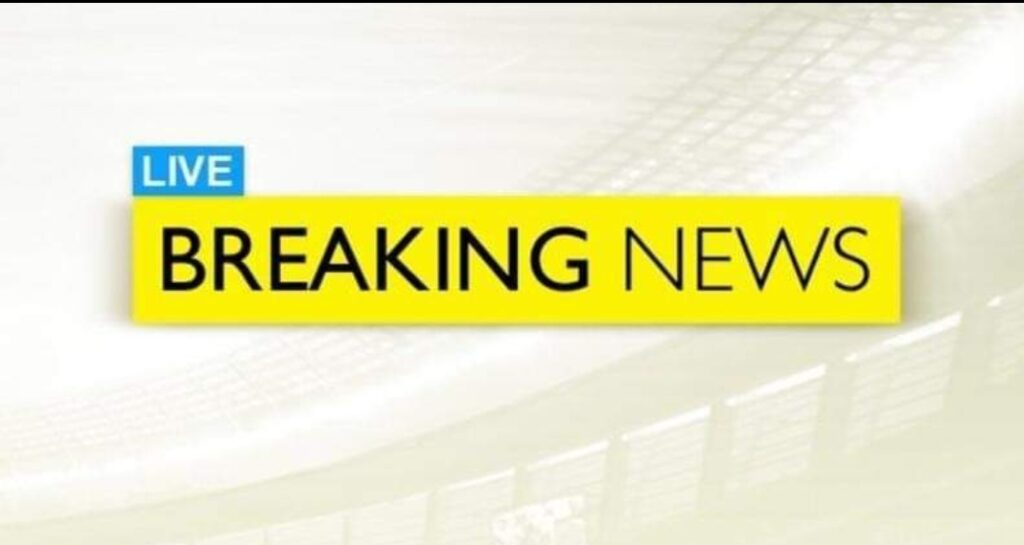Erik ten Hag’s reign at Manchester United has undoubtedly been a period of immense frustration and missed opportunities. Despite the optimism that briefly surrounded the club after securing two trophies, the broader outlook remains concerning. The victories were celebrated, but they did little to disguise the deeper issues plaguing United. The second season, following the FA Cup triumph, has not delivered the level of improvement fans and analysts had anticipated. This stagnation is particularly glaring when one considers the heavy financial investment made during the summer transfer window, with the hope of bolstering the squad for a more competitive campaign.
Several signings were brought in to strengthen key areas of the team, notably Leny Yoro and Joshua Zirkzee. Unfortunately, circumstances have undermined their potential contributions. Yoro, in particular, who was seen as a crucial defensive addition, suffered a long-term injury that has kept him sidelined, limiting his impact on the squad. This blow, combined with a dismal start to the season that has seen United collect just three points from three games, has only amplified the scrutiny on Ten Hag’s tactical approach and squad management. Fans and pundits alike are now openly questioning whether his strategies can truly guide United back to their former glory.
In stark contrast, Manchester City under Pep Guardiola continue to assert their dominance in the Premier League. City’s consistency, coupled with the brilliance of Erling Haaland, has made them a seemingly unstoppable force. Haaland’s record-breaking goal-scoring exploits have cemented his status as one of the world’s elite strikers. His astonishing tally of seven goals in just the first three matches of the season is a testament to his lethal finishing and ability to dominate defenses. In total, Haaland has netted an incredible 97 goals in 102 appearances for City, making him an integral part of their success. His presence on the pitch not only elevates City’s attacking prowess but also serves as a constant reminder of the gap that exists between them and their rivals.
Manchester United’s search for a similar talisman has so far come up short. Rasmus Højlund was brought in with high hopes of becoming a player capable of matching Haaland’s impact. While Højlund has shown glimpses of his potential, his 16 goals in the 2023/24 season fall far short of Haaland’s prolific output. The stark difference between the two strikers underlines a critical issue for United: the lack of a consistent, world-class goal threat. This deficiency has hampered their efforts to compete at the same level as City, and without a reliable striker to carry the team in key moments, United’s attack often falls flat.
The challenge of stopping Haaland on the field has become a near-impossible task for Premier League defenders. Only injuries or fatigue seem capable of slowing him down. His sheer physical presence, combined with his technical ability, makes him a nightmare for opposing teams. For Manchester United, the disparity between them and their cross-town rivals is glaring. The club is still very much in the midst of a rebuilding process, and the distance they need to cover to catch up with City is vast. The need for a talismanic figure akin to a prime Wayne Rooney or a peak Cristiano Ronaldo is palpable. Without such a player, United’s chances of finding a consistent match-winner in attack seem bleak.
As Manchester United continue to grapple with their challenges—both in terms of the squad and the management—time is running out for Ten Hag to turn things around. The impressive form of rivals like Manchester City only compounds the pressure. This season could well be a turning point, not just for Ten Hag, but for the future trajectory of the entire club. If significant improvements are not made soon, United risk being left behind in both domestic and European competitions. For a club with such a rich history of success, the thought of languishing in mediocrity is a bitter pill to swallow.
